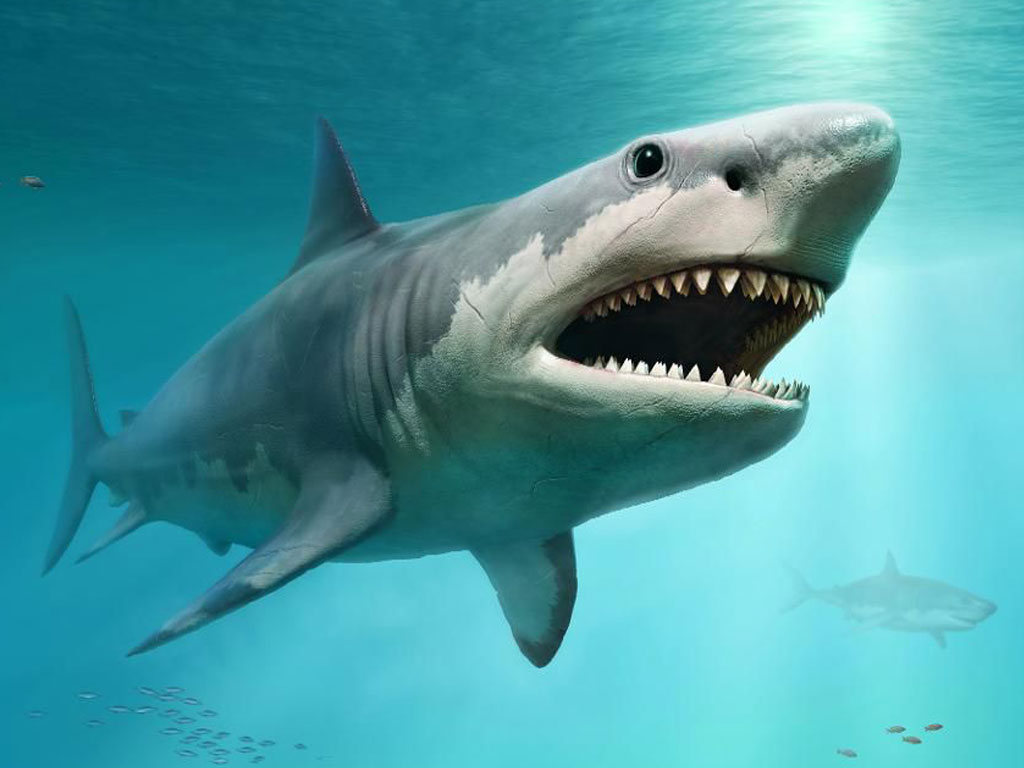Sharks, rays facing extinction in Indian Ocean, say experts

Experts Wednesday expressed concern over fast-depleting population of sharks and rays species in the Indian Ocean, urging for eco-friendly and innovative fishing methods to help scale back accidental catch and mortality of the top predator fish.
At a workshop titled "Conservation of Sharks and Rays in the Northern Indian Ocean (NIO) - Sharing Lesions, which the WWF-Pakistan organized under its Sharks and Rays Conservation project with the financial support from the Shark Conservation Fund (SCF), they said that five out of eighty shark species have become rare in Pakistani waters.
The ecological role of sharks, they said, has not been properly understood. Knowledge gaps about this species needs to be filled in through scientific research and discourse. It was also discussed that five out of eighty shark species have become extirpated from Pakistani waters due to various threats. It was shared that by-catch in commercial fishing is a major threat to the existing population of sharks, rays and related species of Pakistan.
Dr Babar Khan, Director Conservation, Sindh and Balochistan, WWF-Pakistan said that sharks and rays are an important component of fisheries in Pakistan. As the most fragile, slow growing and low fecundity species, sharks and rays are highly vulnerable to different threats. He shared that due to different anthropogenic activities, the population of these species has significantly decreased over time. He said that for conservation of these species, a National Plan of Action has been developed in consultation with relevant stakeholders while, a Regional Plan of Action is also in the process that will soon be finalized. He urged that innovative fishing methods like non-acoustic deterrents such as use of Light Emitting Diodes (LEDs) and conversion of gillnet to long-line can help reduce the by-catch of rare and unique marine mega fauna like whale sharks, rays and turtles. He called for more coordinated efforts among different departments and organizations for conservation of precious marine species.
Muhammad Moazzam Khan, Technical Advisor, WWF-Pakistan shared that identification of sharks and rays is a big challenge that needs to be addressed. He shared that shark stocks started to deplete in the late 1990s and have now reached an all-time low, which is not enough to support fishing activities. He said that critical hotspots of the sawfish, which is considered to be locally extinct, have been identified along the coast of Pakistan. To confirm the presence of this species, WWF-Pakistan collected almost 70 eDNA samples of seawater from 13 known hotspots of sawfish and has sent them to James Cook University, Australia for analysis.
Dr. Muhammad Shoaib Kiani, Assistant Professor, Marine Sciences at Karachi University shared that whale sharks, the largest fish of the world, is found along the coast of Pakistan. Some key areas of distribution are off the Swatch area of the Indus Delta, off Churna Island and in areas around Ras Malan and Ormara. Many juveniles and some neonates of whale sharks are recorded which may be an indication of use of Pakistani waters as nursery grounds. This needs further validation. More dedicated research studies are needed to be able to formulate an effective conservation strategy for sharks and related species, he added.
Jawad Umer Khan, Coordinator Marine Programme, WWF-Pakistan gave an overview of the Sharks and Rays Conservation project and updated the audience about key achievements and challenges. While, Shoaib Abdul Razzaque, Senior Officer, Marine Programme WWF-Pakistan shared the results of LED lights initiative and said how it has contributed in reducing the by-catch. During the discussion, participants urged for revival of Clifton Aquarium and asked that specimen of sharks and rays may be placed there for research purposes. They also suggested that there is need to educate fishermen and local people about the catch of endangered species in marine waters of Pakistan.
WWF-Pakistan conducted trials of LED lights on fishing nets from January to March 2019 along the eastern coast of Pakistan. A considerable difference was reported in by-catch. Data showed that boats equipped with LED lights recorded less turtle entanglements while boats without LED lights recorded a higher number. All entangled green turtles were later released back alive after the trials. Aslam Ansari, Deputy Director Sindh Fisheries Department; Ahmed Nadeem, Deputy Director Balochistan Fisheries Department Gwadar; Asif Inam, Director, Marine Department, Bahria University; Anwar Mundra, Director CARD, Balochistan and others spoke on the occasion.



















Comments
Comments are closed.